Panel A: Fog Computing and Networking – What’s Next?
Panel B: Machine Learning in Networking
Panel A: Fog Computing and Networking – What’s Next?
Date/Time: April 18, 2018, 10am-11:30am
Room: Tapa1
Moderator: Douglas N. Zuckerman (Vencore Labs, USA)
Panelists:
Mung Chiang (Purdue University, USA)
Alexander Poylisher (Vencore Labs, USA)
Hyung-Yu Wei (National Taiwan University, Taiwan)
Yang Yang (ShanghaiTech University, P.R. China)
John K. Zao (Taiwan Chiao-Tung University, Taiwan)
Tao Zhang (Cisco, USA)
Abstract:
Clouds alone are becoming increasingly inadequate for supporting the emerging systems and applications, such as Internet of Things (IoT), 5G wireless systems, Big Data, edge analytics, and embedded Artificial Intelligence (AI). Fog computing and networking – or fog – has emerged to fill the gaps by placing computing, networking, management, and control functions anywhere along the cloud-to-things continuum where these functions can best meet users’ requirements. The immersive fogs can address many challenges that clouds cannot effectively address, such as real-time edge analytics and local control, connecting and protecting the vast spectrum of resource-constrained devices, and overcoming network bandwidth and availability constraints. This new fog paradigm brings both new business opportunities and exciting research challenges, calling for fundamental rethinking of computing and networking architectures that can disrupt existing business models and reshape industry landscapes. On this panel, industry and academia experts will discuss their visions for the road ahead for fog, focusing on research challenges in fulfilling the full potential of fog computing and networking. This will include the lead role being played by the IEEE and the OpenFog Consortium in enabling its development.
Bios:

Douglas N. Zuckerman – An active volunteer for more than 30 years, Doug Zuckerman is a past IEEE Division III (Communications Technology) Director, was 2008-2009 President of the IEEE Communications Society, and previously held leadership positions in conferences, publications and membership development. He received his B.S., M.S. and Eng.Sc.D degrees from Columbia University, USA, and is an IEEE Life Fellow. His professional experience, mainly at Bell Labs and Telcordia Technologies, USA, spans the operations, management and engineering of emerging communications technologies, networks and applications. His work heavily influenced early standards for management of telecommunications networks. Presently semi-retired, he is still active in standards as a representative to the OpenFog Consortium where as a board member. He is also a consulting employee for Vencore Labs. He recently served on the IEEE Communications Society’s Board of Governors and is serving on the IEEE Future Directions Committee.
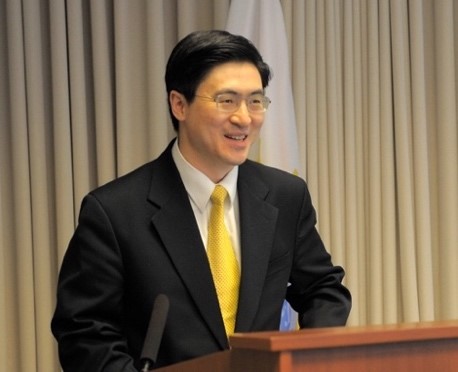 Mung Chiang
Mung Chiang
Director of EDGE Lab, Princeton University; Dean of the College of Engineering, Purdue University
Dr. Mung Chiang is the John A. Edwardson Dean of the College of Engineering at Purdue University and a visiting professor at Princeton University. Formerly, he was the Arthur LeGrand Doty Professor of Electrical Engineering at Princeton University. His research on networking received the 2013 Alan T. Waterman Award, the highest honor to US young scientists and engineers. His textbook “Networks: Friends, Money and Bytes” and online course reached 250,000 students since 2012.
Dr. Chiang founded the Princeton EDGE Lab in 2009, which bridges the theory-practice gap in edge networking research by spanning from proofs to prototypes. He co-founded a few startups in mobile, IoT and big data areas. He is also a co-founder and board member of OpenFog Consortium.
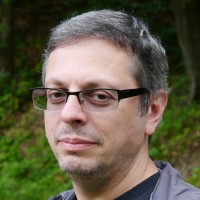
Alexander Poylisher - Dr. Poylisher has been doing applied computer science at Vencore Labs (formerly Bellcore/Telcordia/Applied Communication Sciences) for over 20 years, working on diverse problems in performance, modeling/simulation/virtualization, and security of distributed systems and protocols, particularly in wireless networks, on multiple DARPA and U.S. Army programs. He is currently the PI of the Vencore Labs/UPenn/Princeton team on the DARPA Dispersed Computing program.
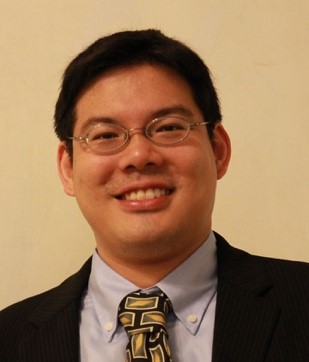
Hung-Yu Wei received his B.S. degree in electrical engineering from National Taiwan University. He received his M.S. and Ph.D. degrees in electrical engineering from Columbia University. He was a summer intern at Telcordia Applied Research in 2000 and 2001. He was with NEC Labs America from 2003 to 2005. He joined National Taiwan University in 2005. He is currently a Professor with the Department of Electrical Engineering and Graduate Institute of Communication Engineering at National Taiwan University. His research interests include broadband wireless, vehicular networking, IoT, and game theoretic models for networking. He was a consulting member of the Acts and Regulation Committee of the National Communications Commission. He actively participates in wireless communications standardization activities. He was the recipient of K. T. Li Young Researcher Award from ACM Taipei Chapter and IICM in 2012, CIEE Excellent Young Engineer Award in 2014, the NTU Excellent Teaching Award in 2008. He also received Wu Ta You Memorial Award from Ministry of Science and Technology in 2015. He is the chair of IEEE VTS Taipei Chapter.
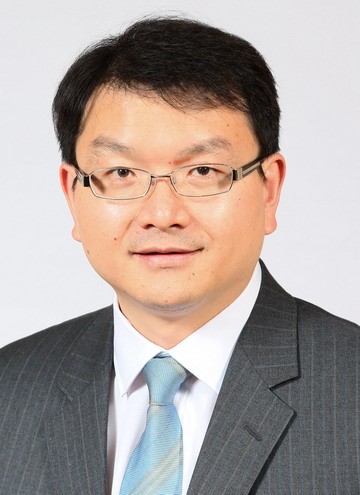
Dr. Yang Yang is currently a professor with Shanghai Institute of Microsystem and Information Technology (SIMIT), Chinese Academy of Sciences, serving as the Director of CAS Key Laboratory of Wireless Sensor Network and Communication, and the Director of Shanghai Research Center for Wireless Communications (WiCO). He is also a Distinguished Adjunct Professor with the School of Information Science and Technology, ShanghaiTech University. Prior to that, he has held faculty positions at The Chinese University of Hong Kong, Brunel University, and University College London (UCL), UK.
Yang is a member of the Chief Technical Committee of the National Science and Technology Major Project “New Generation Mobile Wireless Broadband Communication Networks” (2008-2020), which is funded by the Ministry of Industry and Information Technology (MIIT) of China. In addition, he is on the Chief Technical Committee for the National 863 Hi-Tech R&D Program “5G System R&D Major Projects”, which is funded by the Ministry of Science and Technology (MOST) of China. Since January 2017, he has been serving the OpenFog Consortium as the Director of Greater China Region.
Yang’s current research interests include wireless sensor networks, Internet of Things, Fog computing, Open 5G, and advanced wireless testbeds. He has published more than 150 papers and filed over 80 technical patents in wireless communications. He is a Fellow of the IEEE.
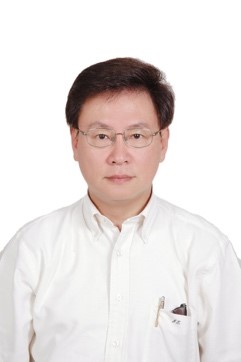
Dr. John Zao is the Founding Chairman of the IEEE Standard Working Group on Fog Computing and Networking Architecture Framework and the Founding Vice-chairman of the IEEE Standard Committee on Edge/Fog/Cloud Communications with IoT and Big Data. He is also the Co-chairman of the Security Working Group in OpenFog Consortium.
Dr. Zao is currently an Associate Professor in the Computer Science Department of the Taiwan Chiao Tung University. Before returning to Asia, he served as a Senior/Principal Member of Technical Staff in the Information Security Department of BBN Technologies in Cambridge, MA, USA. During his tenure at BBN, he served as the PI/Co-PI of five DARPA projects on Information Assurance and Internet Security with a total grant of $12M. He was the lead developer of policy management framework of IP Security Protocols and a member of the US Army Task Force XXI Tactical Internet Gray-Beard Panel.
Dr. Zao is also an entrepreneur. He co-founded SecurKey Systems while he was studying for his MS degree in University of Toronto. In 2015 and 2016, he founded Cerebra Technologies in Hsinchu, Taiwan and NGoggle in San Diego, USA respectively with Prof. Tzyy-Ping Jung (UCSD Swartz Center in Computational Neuroscience), Prof. Felipe Medeiros (UCSD Hamilton Glaucoma Center), Prof. Yi-Pai Huang (NCTU Photonics Dept.) and Stanley Kim (SigMed, San Diego) to develop an neuromonitoring and neuromodulating goggle using Virtual Reality and Fog Computing-based adaptive neurofeedback.
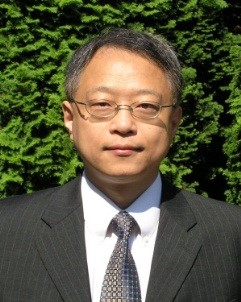
For over 25 years, Dr. Tao Zhang, an IEEE Fellow, has been in various technical and executive positions in leading strategies, research, and product development, which have led to disruptive technology, standards, and products in fog computing, IoT, vehicular networks, all-IP cellular networks (3G/4G), and fiber optic networks.
He joined Cisco in 2012 as the Chief Scientist / CTO for Smart Connected Vehicles. He is with Cisco’s Corporate Strategic Innovation Group, where he drives strategies, new technology development and incubation, and global eco-systems for fog computing and IoT security. Prior to Cisco, he was Chief Scientist and Director of Wireless and Vehicular Networks at Telcordia Technologies. He managed multiple R&D groups and customer-funded R&D programs that helped Telcordia break into new industries such as connected vehicles and 3G/4G mobile networks, established Telcordia as a leader in these industries, and created new technologies that have been incorporated into international standards and led to first-in-the-industry commercial products.
Dr. Zhang is a Cofounder and a Board Director of the OpenFog Consortium. He was a Cofounder and a founding Board Director of the Connected Vehicle Trade Association (CVTA). He is the CIO and a Board Governor of the IEEE Communications Society (2016 and 2017). He holds over 50 US patents and co-authored 2 books “Vehicle Safety Communications: Protocols, Security, and Privacy” (2012) and “IP-Based Next Generation Wireless Networks” (2004). He is a Chair Professor at National Chiao Tung University and a Distinguished Lecturer of the IEEE Vehicular Technology Society. He has been an advisory board member for multiple organizations. He cofounded and served on key leadership roles for multiple international conferences and has been on editorial boards or a guest editor for numerous technical journals.
Panel B: Machine Learning in Networking
Date/Time: April 19, 2018, 10am-11:30am
Room: Tapa1
Moderator: Tilman Wolf (University of Massachusetts Amherst, USA)
Panelists:
Mohammad Alizadeh (Massachusetts Institute of Technology, USA)
Xin Liu (University of California Davis, USA)
Thyaga Nandagopal (U.S. National Science Foundation, USA)
Aaron Striegel (University of Notre Dame, USA)
Hui Zang (Huawei Research, USA)
Zhi-Li Zhang (University of Minnesota, USA)
Abstract:
Complexity in large engineered systems, such as the Internet, has always been a challenge. Current network management solutions are struggling to provide comprehensive, actionable insights under network dynamics, failures, attacks, etc. The emergence of machine learning solutions promises new opportunities to tackle the challenge of understanding and managing computer networks.
In this panels, we will explore the questions around machine learning in networking: What developments in machine learning can impact networking? What are good target problems in networking that might be solved by machine learning? What unique challenges does the distributed nature of a network pose to machine learning techniques for management? What is the role of human users and administrators in the loop?
While the panelists will be given a very brief opportunity to state their positions, the goal of the panel is to engage the audience in discussing what the future might look like when these technologies converge.
Bios:
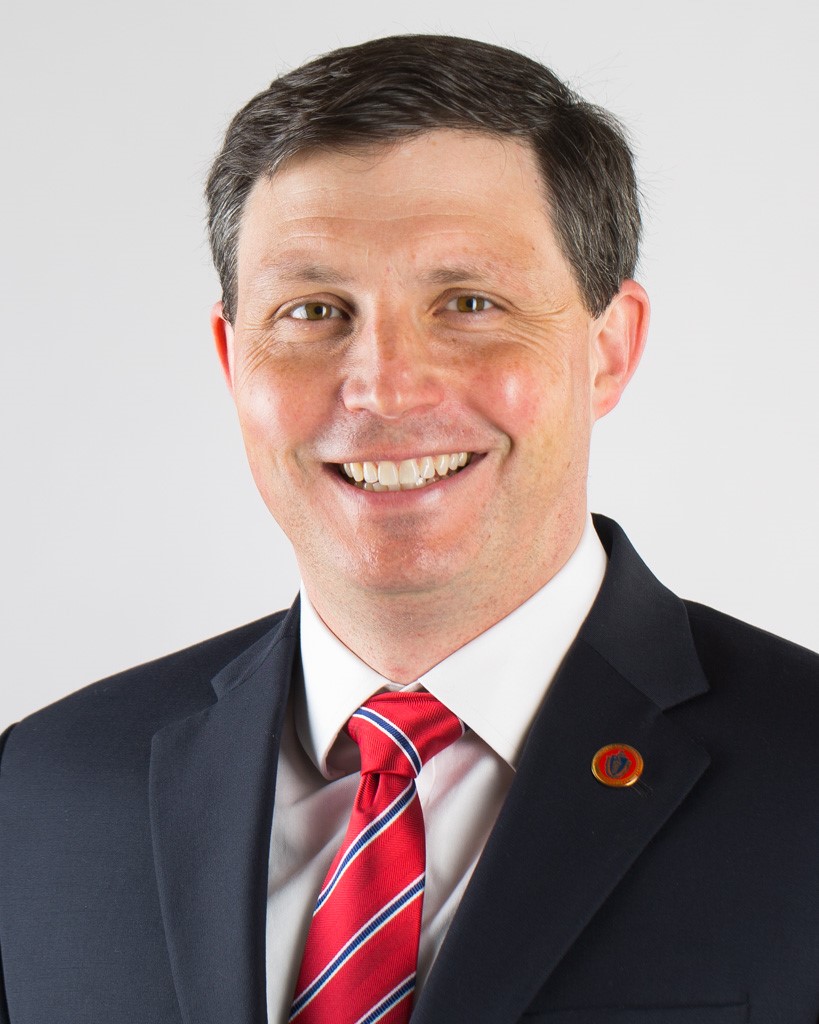
Tilman Wolf is Professor of Electrical and Computer Engineering and Senior Vice Provost for Academic Affairs at the University of Massachusetts Amherst. He is engaged in research and teaching in the areas of computer networks, cybersecurity, and embedded systems. His research interests include Internet architecture, network routers, embedded system security, and Internet of Things. He was lead principal investigator on the ChoiceNet project, one of five large NSF Future Internet Architecture (FIA) projects. He is co-author of the book “Architecture of Network Systems” and has published extensively in peer-reviewed journals and conferences. His research has been supported by grants from NSF, DARPA, and industry. He is a senior member of the IEEE and the ACM.
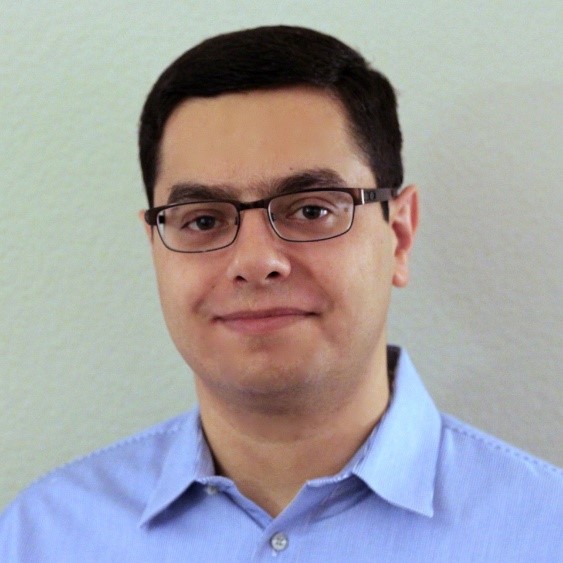
Mohammad Alizadeh is an Assistant Professor in the Department of Electrical Engineering and Computer Science (EECS) at MIT, and a member of the Computer Science and Artificial Intelligence Laboratory (CSAIL). He completed his graduate studies at Stanford University, earning his Ph.D. in electrical engineering in 2013, and then spent two years at Insieme Networks (a datacenter networking startup) and Cisco Systems before joining MIT. Mohammad's research interests are in the areas of computer networks and systems. His current research focuses on learning-based network systems, protocols and algorithms for large-scale datacenters, and programmable switching architectures. He is also broadly interested in performance modeling and analysis of computer systems and bridging theory and practice in computer system design. Mohammad's research has garnered significant industry interest. His work on datacenter transport protocols has been implemented in the Linux and Windows operating systems and has been adopted by leading network operators such as Microsoft and Google; his work on adaptive network load balancing algorithms has been implemented in Cisco’s flagship datacenter switching products. Mohammad is a recipient of the SIGCOMM Rising Star Award (2017), Alfred P. Sloan Research Fellowship (2017), Google Faculty Research Award (2016), and the SIGCOMM Best Paper Award (2014 & 2017).
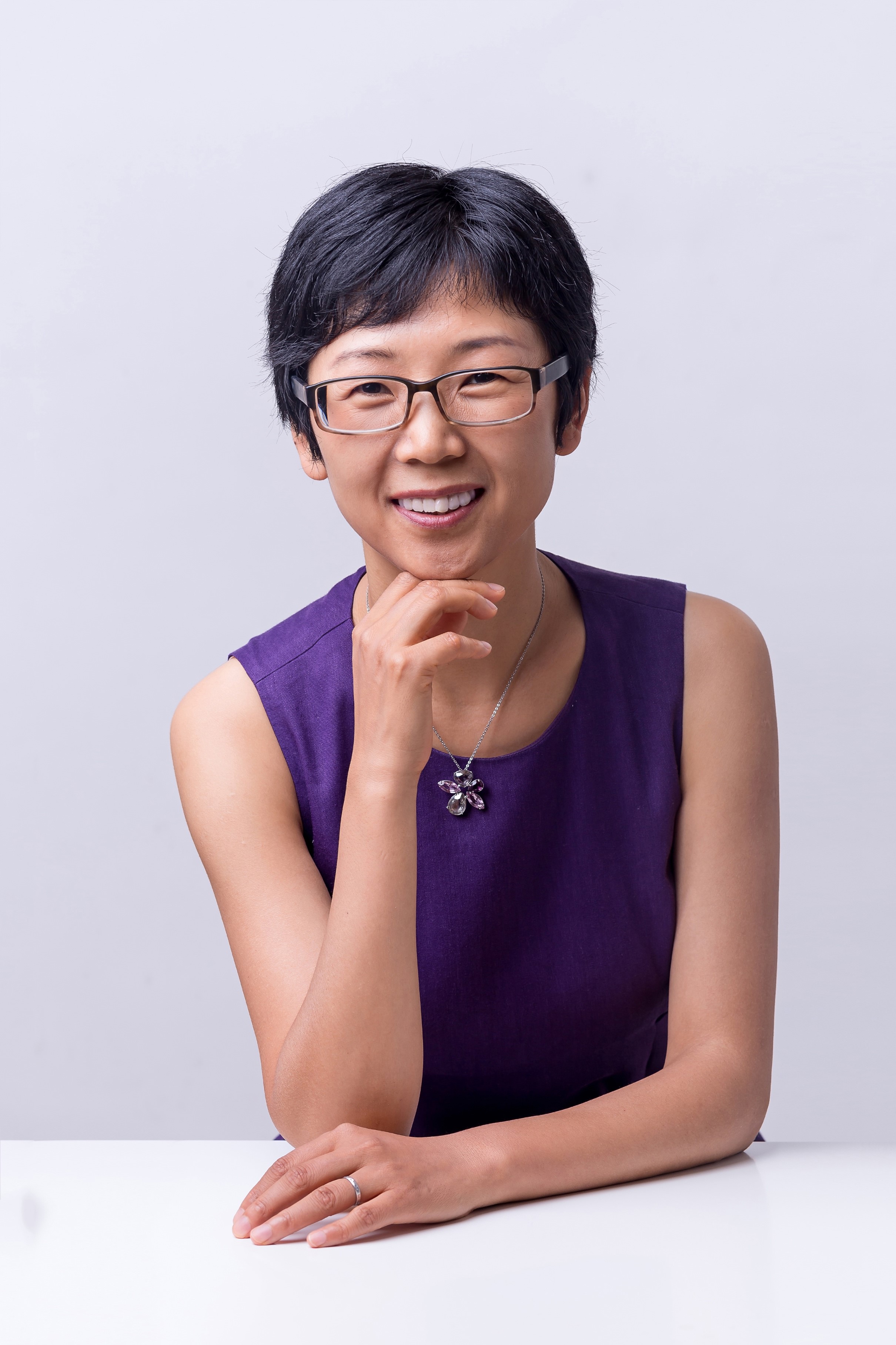
Xin Liu received her Ph.D. degree in electrical engineering from Purdue University in 2002. She is currently a Professor in the Computer Science Department at the University of California, Davis. From March 2012-June 2014, she worked in the wireless networking group at Microsoft Research Asia. She has studied cellular scheduling algorithms, cognitive radio networks, and wireless mesh networks. Her current research focuses on data-driven approaches in networking. She has received the NSF CAREER award (2005), and the Outstanding Engineering Junior Faculty Award from the UC Davis College of Engineering (2005), and the Chancellor's Fellowship (2011), and the ICNP best paper award (2017).
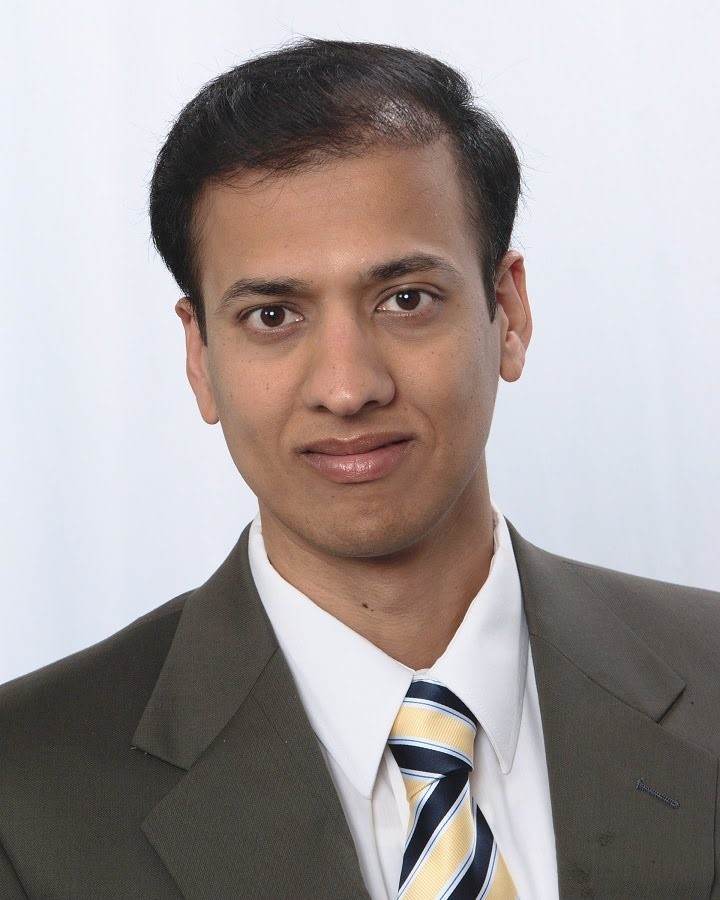
Dr. Thyaga Nandagopal is the Deputy Division Director of the Computing and Communication Foundations (CCF) Division in the Directorate of Computer & Information Science and Engineering (CISE) at the National Science Foundation. He previously served as a Program Director at the NSF in the Networking Technologies and Systems (NeTS) program, where he managed mobile systems and wireless networking research across multiple funding programs with an annual budget of over $50M. At NSF, he is also leading the Platforms for Advanced Wireless Research program, a $100M effort announced in July 2016. He also serves as the co-chair of the Wireless Spectrum Research and Development Senior Steering Group (WSRD SSG), which co-ordinates spectrum-related research and development activities across the Federal government. He is an IEEE Fellow, and holds a Ph.D. degree in Electrical Engineering from the University of Illinois at Urbana-Champaign.
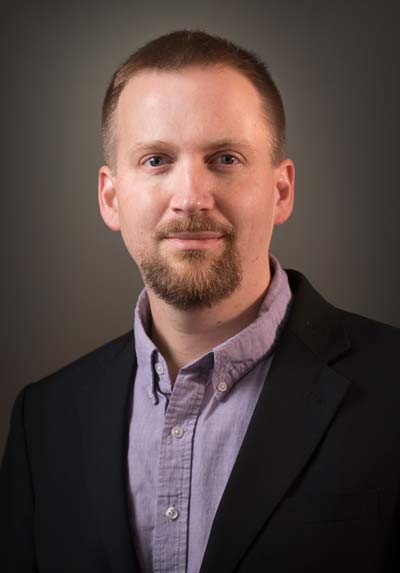
Prof. Aaron Striegel is currently an Associate Professor and serves as Associate Chair in the Department of Computer Science & Engineering at the University of Notre Dame. He also serves on the Executive Committee of the Wireless Institute at the University of Notre Dame. Prof. Striegel received his Ph.D. in 2002 in Computer Engineering at Iowa State University under the direction of Dr. G. Manimaran. Prof. Striegel's research interests focus on instrumenting the wireless networked ecosystem to gain insight with respect to user behavior and optimizing network performance. Flagship projects of Prof. Striegel include the NetSense, NetHealth, and Tesserae projects involving the instrumentation and analysis of data from hundreds of smartphones and wearables over a nearly seven year period of continuous data streaming. Further research interests of Prof. Striegel include heterogeneous network optimization (cellular, WiFi), content distribution via edge device pre-staging, and network security dynamics. Throughout his career, Prof. Striegel has been able to fund his work with research and equipment funding from NSF, NIH, DARPA, IARPA, Keck Futures Institute, and numerous industrial entities (Google, Sprint, Nokia, Intel, HP, Sun). He was recipient of a NSF CAREER award in 2004 and has participated in several symposia as an invited participant with notable instances including the National Academy of Engineering symposium on the Frontiers of Engineering Education and the symposium on the Informed Brain in the Digital World. Prof. Striegel has also served in various roles in the community including recently serving as the general chair of ICCCN 2016, chair of HotPlanet 2016, and the publication co-chair of INFOCOM 2016.
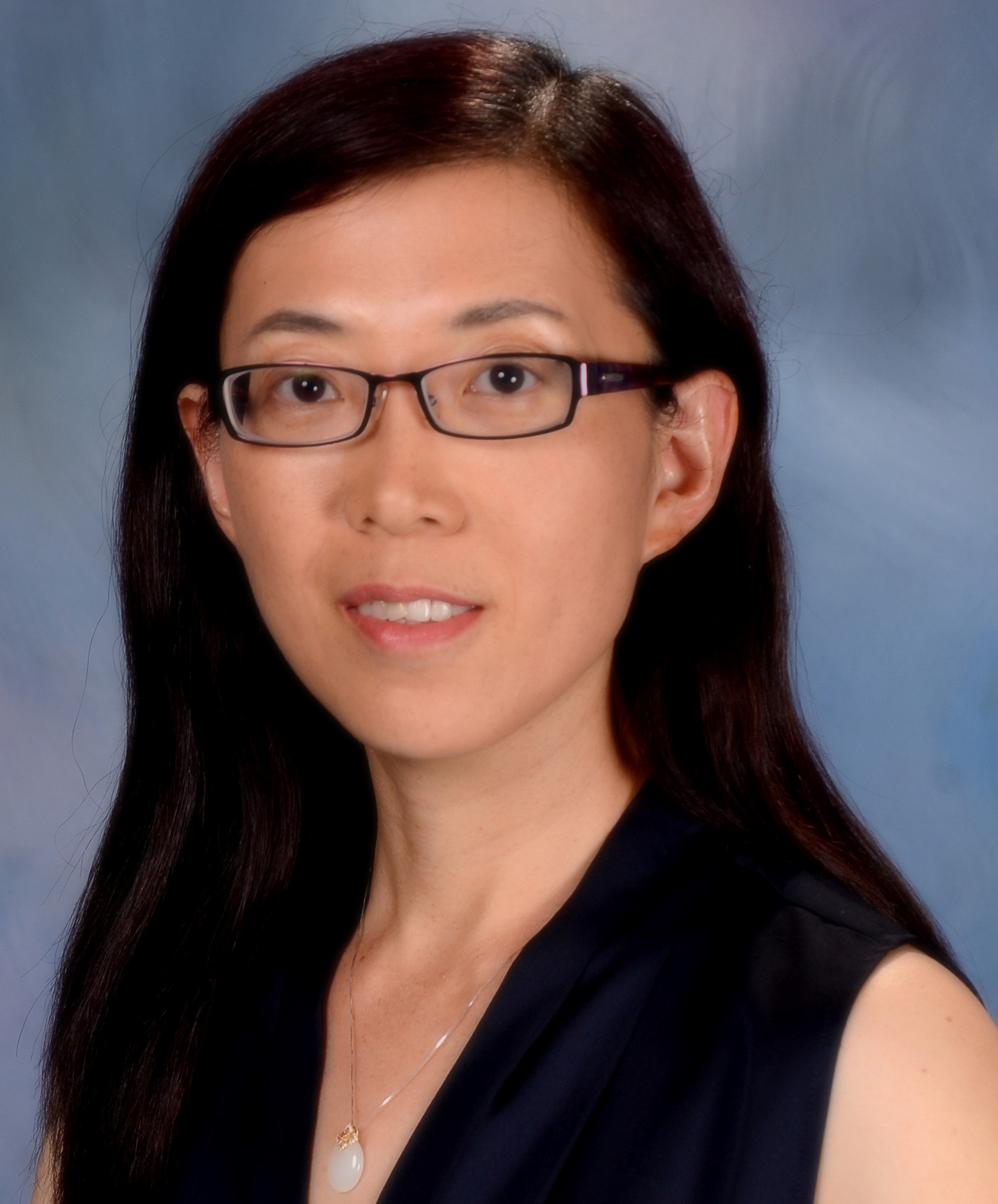
Hui Zang is a distinguished data scientist at Huawei Research, USA. Previously she was a lead data scientist at Guavus and a principle research scientist at Sprint. She received her B.S. degree in computer science from Tsinghua University, China, and the M.S. and Ph.D. degrees in computer science from the University of California, Davis. Her research has been focused on mining large-scale network data as well as on applying machine learning techniques to optimize network functionalities. Dr. Zang is the author of the book "WDM Mesh Networks - Management and Survivability" (Kluwer Academic, 2002). She has published over seventy conference papers and journal articles and currently has about forty US patents granted in the field of networking and communications. Dr. Zang is a senior member of IEEE.
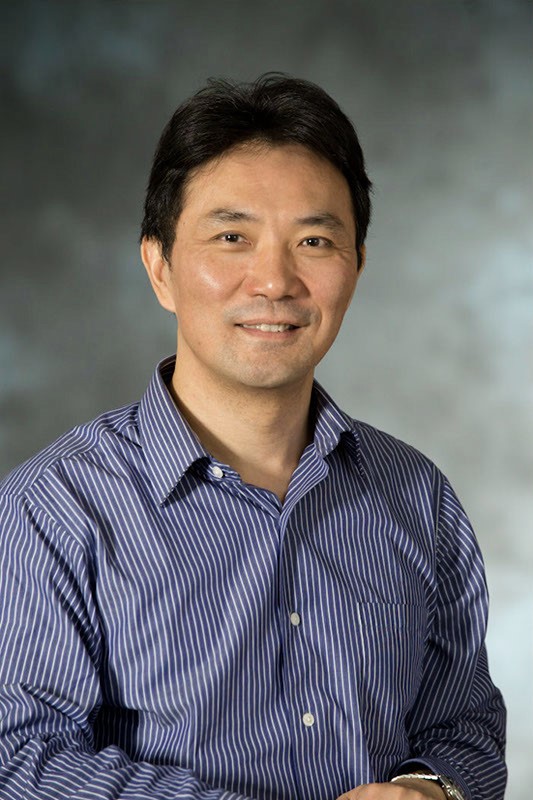
Zhi-Li Zhang received the B.S. degree in computer science from Nanjing University, China and his M.S. and Ph.D. degrees in computer science from the University of Massachusetts. He joined the faculty of the Department of Computer Science and Engineering at the University of Minnesota in 1997, where he is currently the Qwest Chair Professor in Telecommunications and Distinguished McKnight University Professor. He currently also serves as the Associate Director for Research at the Digital Technology Center, University of Minnesota. Prof. Zhang's research interests lie broadly in computer communication and networks, Internet technology, multimedia and emerging applications. His past research was centered on the analysis, design and development of scalable Internet QoS solutions to support performance-demanding multimedia applications. His current research thrusts focus primarily on i) building highly scalable, resilient and secure Internet infrastructure and mechanisms to enhance Internet service availability, reliability, mobility, manageability and security; and on ii) developing next-generation, service-oriented, manageable and economically viable Internet architectures to provide better support for creation, deployment, operations and and management of value-added Internet services and underlying networks. Prof. Zhang has served on the Editorial Boards of IEEE/ACM Transactions on Networking, Computer Network -- an International Journal, Chinese Academy of Science's Journal of Computer Science and Technology, Springer's Journal of Computational Social Sciences. He was Technical Program Co-chair of IEEE INFOCOM 2006, ACM SIGMETRICS,17, ACM/USENIX Internet Measurement Conference (ACM/USENIX IMC'08), IEEE ICNP'13, and has served on the Technical Program Committees of various conferences and workshops including ACM SIGCOMM, ACM SIGMETRICS, ACM/USENIX IMC, IEEE INFOCOM, IEEE ICNP and CoNext. He received the National Science Foundation CAREER Award in 1997. He has also been awarded the prestigious McKnight Land-Grant Professorship and George Taylor Distinguished Research Award at the University of Minnesota, and the Miller Visiting Professorship at Miller Institute for Basic Sciences, University of California, Berkeley. Prof. Zhang is co-recipient of an ACM SIGMETRICS best paper award, an IEEE International Conference on Network Protocols (ICNP) best paper award, an IEEE INFOCOM best paper award, a RAID best paper award, a SIMPLEX workshop and an APNET workshop paper award. He is a member of IEEE and ACM, and a Fellow of IEEE.


